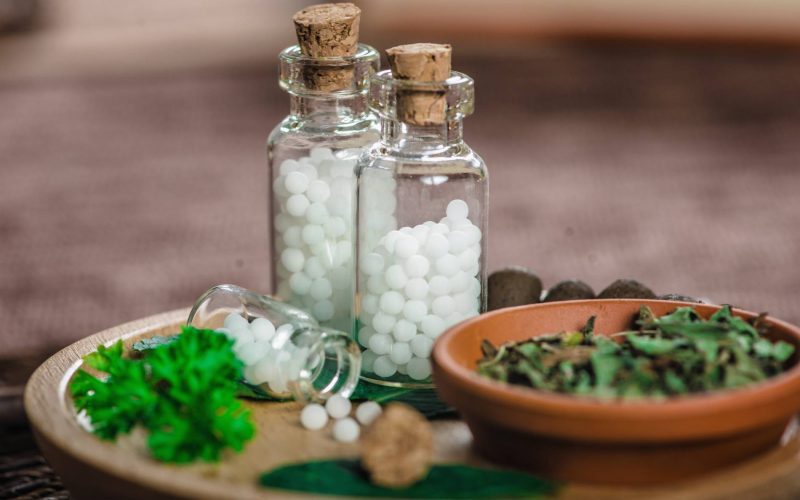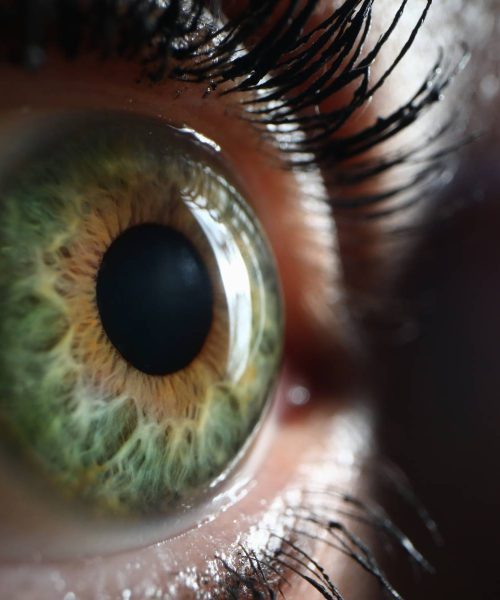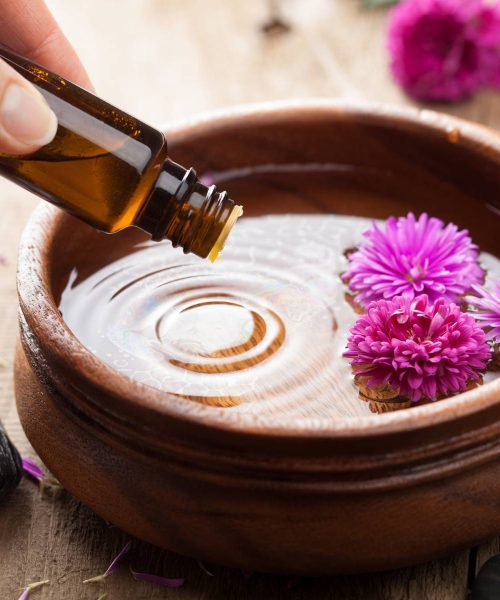Homeopathy, derived from the Greek words “homios” meaning similar and “pathos” meaning suffering, is one of the oldest sciences in the realm of alternative medicine. Developed in the late 1700s by Samuel Hahnemann, a highly respected German physician, chemist, and linguist, homeopathy offered a less-threatening approach to medicine in a time when most common medical treatments were harsh and invasive.
The Origins of Homeopathy
Samuel Hahnemann’s innovative approach to treating illness involved testing single, pure substances on himself and diluted forms on healthy volunteers. With meticulous record-keeping, he combined his observations with the known uses of herbs and other medical substances, eventually developing a homeopathic clinic practice. Hahnemann introduced two significant concepts to homeopathy:
1. Potentization
Through vigorous shaking of a diluted substance, known as succussion, the remedy becomes more potent rather than less effective. Homeopathy suggests that the vital essence of the substance is extracted through this process. Even if the molecules are destroyed by dilution, it is believed that the “memory” of their effects on the surrounding water molecules may still retain therapeutic properties.
2. Holistic Treatment
In homeopathy, treatment is based on an individual’s total picture and symptoms, rather than solely focusing on the symptoms of a specific disease. Homeopaths evaluate a person’s emotions, mental state, lifestyle, and nutrition, considering the whole person in their approach to healing. Different remedies may be prescribed for individuals with similar symptoms, as the treatment is tailored to each person’s unique constitution.
The Journey to America
Homeopathy found its way to the United States through Han Burch Gram, a Boston-born doctor who studied homeopathy in Europe. He introduced this alternative approach upon his return in 1825, settling in New York City with his brother Neils. Gram published his translation of Samuel Hahnemann’s “Spirit of the Homeopathic Doctrine” in 1825, believing that Americans would embrace this new form of medicine. However, the pamphlet received little attention, possibly due to Gram’s imperfect translation or the disfavor of the city’s physicians upon learning of his affiliation with homeopathy. Despite facing persecution for his beliefs, Gram’s contributions were highly regarded due to his undeniable talent.
The establishment of the first homeopathic medical college in Allentown, Pennsylvania, in 1835, marked a significant milestone for homeopathy in the United States. Additionally, European immigrants who were trained in homeopathy played a crucial role in making this treatment widely available across the country. By the turn of the 20th century, the United States boasted 20 homeopathic medical colleges and over 100 hospitals dedicated to homeopathic practices. Notably, eight percent of all American medical practitioners were homeopaths.
Ups and Downs: Homeopathy in the Modern Era
The late 19th and early 20th centuries witnessed remarkable medical advancements, including the recognition of disease mechanisms, the discovery of ether anesthesia, Pasteur’s germ theory, and the development of antiseptic techniques. However, homeopathy faced a significant challenge with the release of the “Flexner Report,” a study that triggered major changes in American medical education. This report had a negative impact on homeopathy, leading to the closure of most homeopathic schools by the 1930s, with some converting to conventional medical institutions.
In the 1960s, homeopathy experienced a revival in popularity in the United States. According to a 1999 survey, over 6 million Americans had used homeopathy in the previous 12 months, seeking this alternative approach for a variety of health concerns, ranging from wellness and prevention to the treatment of chronic conditions, injuries, and diseases.
Embracing Homeopathy for Holistic Health
Homeopathy offers a unique perspective on healthcare by considering the individual as a whole. It recognizes the interplay between physical symptoms, emotions, mental state, lifestyle, and nutrition in determining overall well-being. This holistic approach sets homeopathy apart from conventional medicine, where symptoms are often isolated and treated individually.
The goal of homeopathy is to stimulate the body’s innate healing abilities and restore balance. Remedies are carefully selected based on the individual’s unique symptoms and constitution. Homeopathic remedies are derived from various substances, including plants, minerals, and animal sources. These substances are diluted and succussed to create highly diluted preparations that retain the energetic essence of the original substance.
The Benefits of Homeopathy
Homeopathy offers a wide range of benefits for individuals seeking alternative and complementary approaches to healthcare. Here are some key advantages associated with homeopathic treatment:
1. Individualized Treatment
Homeopathy recognizes that each person is unique and requires personalized care. By considering the individual’s overall picture, including physical symptoms, emotional well-being, and lifestyle, homeopathy aims to address the root causes of illness rather than merely suppressing symptoms. This individualized approach allows for tailored treatment plans that resonate with the person’s specific needs.
2. Gentle and Non-Invasive
One of the main appeals of homeopathy is its gentle and non-invasive nature. Homeopathic remedies are highly diluted and prepared in a way that minimizes the risk of side effects or adverse reactions. This makes homeopathy suitable for individuals of all ages, including infants, children, pregnant women, and the elderly.
3. Holistic Wellness
Beyond addressing specific symptoms, homeopathy emphasizes overall well-being and balance. By stimulating the body’s natural healing response, homeopathy aims to promote not only physical health but also mental and emotional wellness. Many individuals report an improvement in energy levels, mood, and overall vitality after undergoing homeopathic treatment.
4. Complementary Approach
Homeopathy can be used alongside conventional medicine as a complementary approach. It can support conventional treatments and help manage side effects of medications, enhancing overall treatment outcomes. However, it is essential to consult with both a homeopath and primary healthcare provider to ensure proper coordination and integration of treatments.
5. Safe and Natural
Homeopathic remedies are prepared from natural substances and undergo a rigorous process of dilution and succussion. As a result, they are considered safe and non-toxic when used as directed. Homeopathy does not involve the use of synthetic drugs or chemicals, reducing the risk of adverse reactions.
Seeking Professional Guidance
When considering homeopathic treatment, it is crucial to consult with a qualified and experienced homeopath. Homeopaths undergo extensive training and have in-depth knowledge of homeopathic principles, remedies, and their applications. They will conduct a thorough assessment, taking into account your symptoms, medical history, lifestyle, and emotional well-being to create an individualized treatment plan.
It is important to note that homeopathy is not intended to replace urgent medical care or treatments for acute and severe conditions. In such cases, immediate medical attention is always advised. Homeopathy is best suited for chronic conditions, general wellness, and maintaining a balanced state of health.
Embrace the Power of Homeopathy
Discover the true potential of homeopathy in promoting holistic health and well-being. Embrace a personalized approach to healthcare that considers the intricate connections between the mind, body, and emotions. Seek guidance from a qualified homeopath to experience the benefits of individualized treatment. Unlock the power of homeopathy and embark on a journey towards optimal health and vitality.







